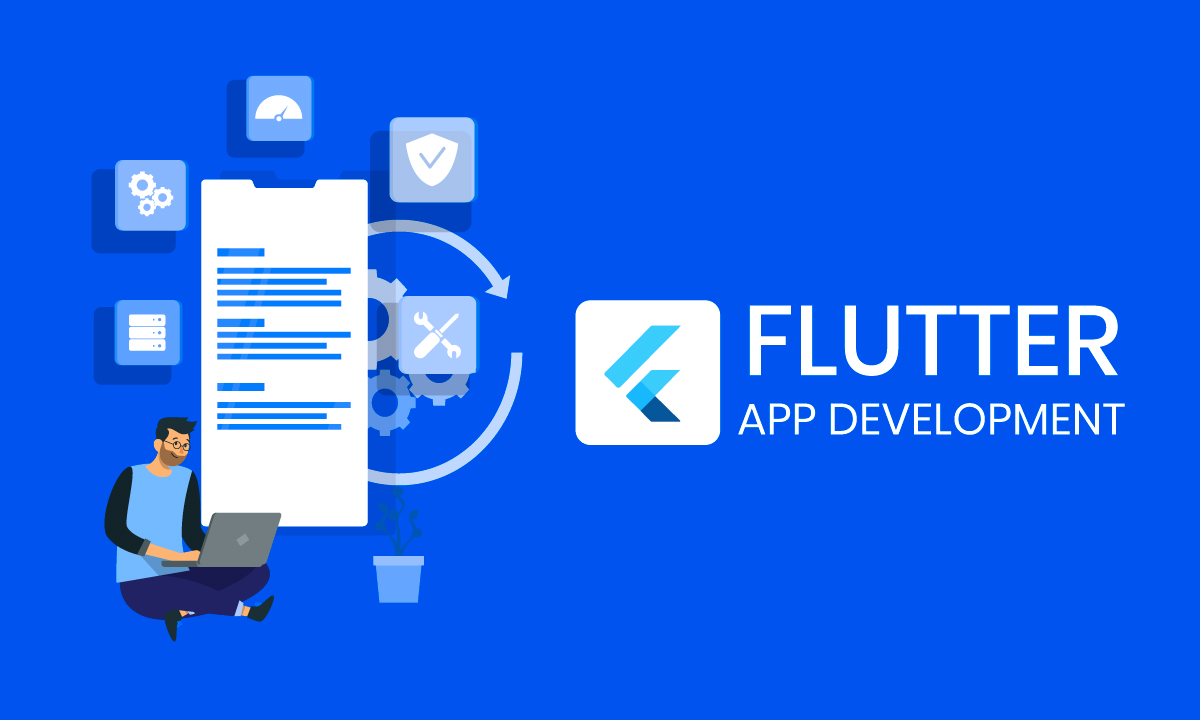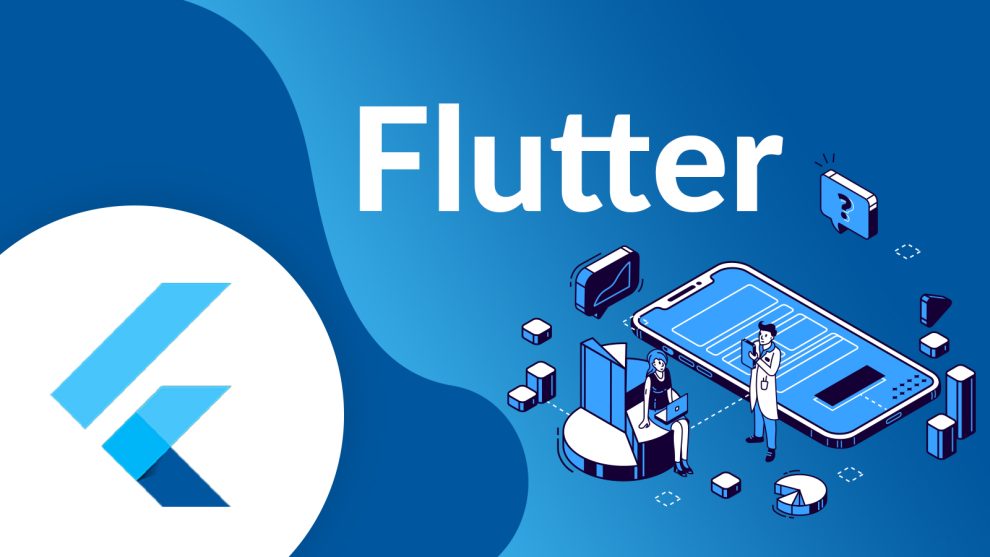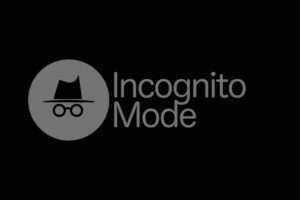In the bustling world of app development, where time is precious and resources are finite, imagine a language that empowers you to build apps for multiple platforms with a single codebase. Picture a canvas where you paint vibrant user interfaces with expressive code, crafting experiences that delight across devices. This is the realm of Flutter, Google’s open-source UI toolkit that’s revolutionizing cross-platform development.
Key Features That Make Flutter Flutter:
- Cross-Platform Prowess: Write once, deploy everywhere—target mobile (Android and iOS), web, and desktop (Windows, macOS, Linux) with a single codebase.
- High-Performance Rendering: Built on a powerful rendering engine, Flutter delivers smooth, 60fps animations and transitions, ensuring a silky-smooth user experience.
- Hot Reload: Witness code changes reflected in real-time, without the need for full app restarts, accelerating development cycles and boosting productivity.
- Material Design and Cupertino: Embrace Google’s Material Design or Apple’s Cupertino aesthetic with rich, customizable widgets, creating visually appealing apps that feel native on each platform.
- Vibrant Developer Community: Tap into a vast ecosystem of packages, plugins, and enthusiastic developers eager to help and share knowledge.

Building Blocks of Beautiful Apps:
- Widgets, the Heart of Flutter: Compose your app’s UI from a rich set of customizable widgets, meticulously crafted to deliver native-like performance and appearance.
- Dart, the Language Behind the Magic: Write Flutter code in Dart, a modern, object-oriented language known for its conciseness and speed.
- Stateful Hot Reload: Experiment fearlessly, as Flutter’s hot reload preserves app state during code changes, allowing for seamless experimentation and rapid prototyping.
Reaching Beyond Mobile:
- Web Development with Flutter: Create web apps that deliver near-native performance and visual fidelity, expanding your app’s reach to browsers.
- Desktop Apps in Flutter: Build desktop apps for Windows, macOS, and Linux using Flutter, extending your app’s presence to the desktop realm.
Considerations for Cross-Platform Success:
- Platform-Specific Nuances: While Flutter excels at cross-platform consistency, be mindful of platform-specific features and design patterns to ensure a truly native-like experience.
- Performance Optimization: Prioritize performance optimization techniques to maintain smooth app experiences, especially on older devices or resource-constrained platforms.
- Package Ecosystem: Explore the vast array of third-party packages to extend Flutter’s functionality and accelerate development.
The Fluttering Future:
Flutter continues to evolve rapidly, with Google’s investment and the passionate community driving its growth. As it matures and expands its reach, Flutter is poised to become a cornerstone of cross-platform development, empowering developers to create beautiful, performant apps that seamlessly span multiple platforms. Are you ready to flutter into this exciting world of app development?
















Add Comment